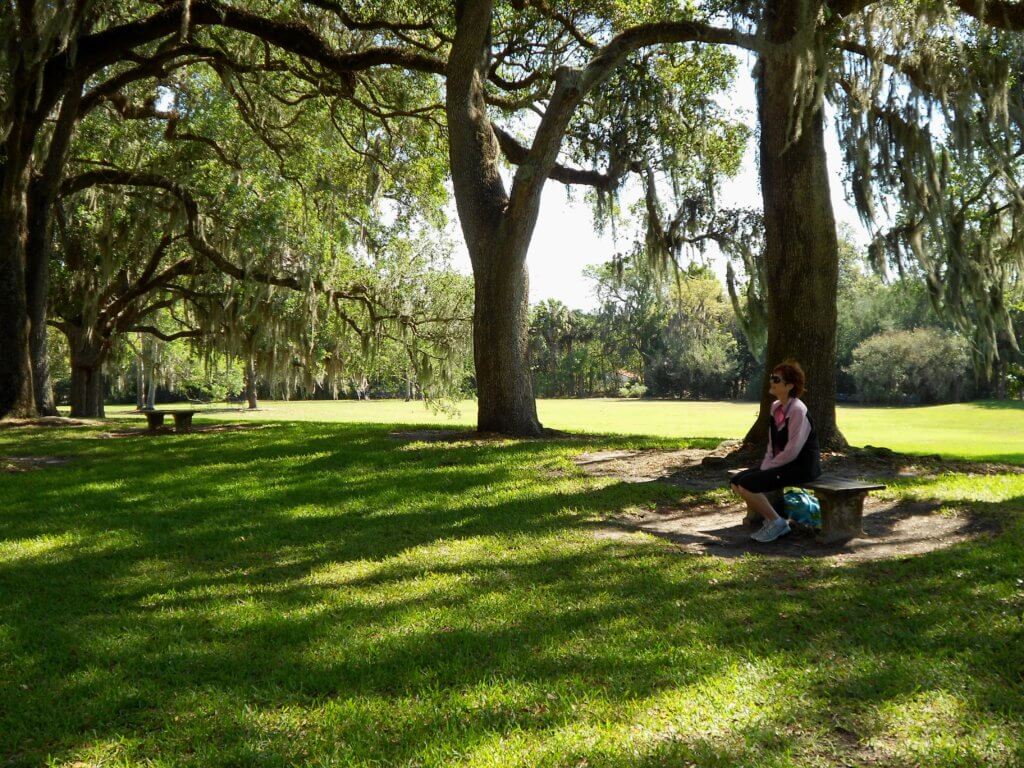
Today I welcome guest blogger Kirsten Panachyda, author and mom of a son with mental health challenges. We all carry a lot of stress as parents in pain. Kirsten has had a lot of experience with stress, particularly in her role as a mom. Out of her storehouse of wisdom, she offers us some great suggestions for how we can battle stress and find restoration for our souls.
“Tax season is upon us. Some people spend hours in their home offices doing the painstaking task of reading through all the tax booklets and filling in schedules. Dan and I think its enough work to organize and gather our documents and bring them to an accountant. Of course, Dan had to drive through a snowstorm to drop it all off.
What Can Help Us Face Hard Circumstances?
I am thrilled to be part owner of the city, county, state, and national parks. Regular use of these resources improves the quality of my life. There have been many times when sitting on a public beach or walking a lakeside trail has made it possible for me to face the hard circumstances waiting for me when I left. I feel a loosening, a freeing, when I spend time in nature. God speaks healing into my soul through nature, His creation.
We all know taxes are a fact of life. I choose to improve my attitude about it by deciding in my own mind what my personal taxes pay for. So when I fret over the withheld money on the pay stub or the check I need to write to the government, I tell myself, “I don’t know what other people are spending this money on, but I am funding libraries and parks. And sanitation workers.”

More and more research bears out the beneficial effects of the natural world on mental health. I started looking into these studies first with the intent of finding new ways to support my son in his recovery. But I believe the benefits are for everyone who seeks to improve mental wellness, especially the stressed and distressed parents of kids with mental illness.
How can connections with the natural world help us and how can we make use of them?
1) Nature helps improve attention and focus.
In studies, time in a natural setting has been found to improve attention both in people with and without disorders like ADHD. This is not the effect of extra physical exercise, which tends to increase when people are outside. Subjects were tested doing the same activities (eg walking, soccer) in indoor and outdoor settings. Also,the positive effects on attention, concentration, and memory continue even after the the time in nature is over. (“Why ‘Getting Away’ in Nature is Good for your Mental Health,” Ellen Hendricksen Ph.D Savvy Psychologist, Scientificamerican.com, 11/7/18)
2) Time in natural settings aids emotional regulation.
Did you know city-dwellers have a higher risk of anxiety and mood disorders and even schizophrenia? Lack of access to the natural world may be a factor. A study by Stanford researchers discovered that brain scans show decreased activity in the part of the brain that produces repetitive thought focused on negative emotion after 90 minutes spent in a natural setting. (“Stanford Researchers Find Mental Health Prescription:Nature,” Rob Jordan, news.stanford.edu, 6/30/2015)
3) The setting is flexible.
Experiments in using nature-focused programming in the UK to specifically treat people with mental illnesses have shown great promise. One interesting facet to the work is that programs have been conducted in a variety of settings, from wooded areas, to beaches, to urban green spaces. All seem to offer similar benefits. This is encouraging because it tells us we can seek out the most convenient and accessible settings to receive the positive effects of time in nature. (“What Makes Nature-Based Interventions for Mental Health Successful?,” Dan Bloomfield, www.ncbi.nlm.nih.gov, 11/14/17)
4) Even a little can be beneficial.
For stressed and overbooked parents who need to care for their own mental health, this one is important. We can benefit even from little doses of nature. A houseplant. The tree next to the driveway. A view out a window. Even watching a nature program can help us. The key is to give our attention to things not made by humans for a while. Can’t go to the park for an hour? Notice and appreciate the plantings in the road median. Stuck in a long winter? Spend a couple bucks on a hard-to-kill plant, then spend a few minutes taking care of it and looking at it each day. (Go ahead and talk to it if you want — I won’t tell.)

For people of faith, it should come as no surprise that science shows connection with nature is good for us.
Consider:
Romans 1:20 tells us that “since the creation of the world (God’s) invisible attributes, His eternal power and divine nature, have been clearly seen, being understood through what has been made…”
Psalm 23 reminds us that God restores our souls by making us lie down in green pastures and leading us beside still waters. (Psalm 23:2-3)
And in his Gospel, John writes: “All things came into being through (Jesus, the Word), and apart from Him nothing came into being that has come into being.” The same Jesus who loved me enough to die for me, who conquered death for me, and who lives to intercede for me (Hebrews 7:25) made all of the natural world.
If you need to look for ways to battle stress and find restoration for your soul, try looking to nature.
*today’s post is from the archives*
Kirsten Panachyda is the author of Among Lions: Fighting for Faith and Finding Your Rest While Parenting a Child with Mental Illness and it’s accompanying book, Kneeling Among Lions: Praying When Your Child has a Mental Illness. She writes for the soul-weary who need courage and compassion, especially parents of kids with mental illness. Kirsten won the Tapestry Award for nonfiction in 2018 and has written for devotionals and mental health publications. She blogs at kirstenp.com and loves to connect on Facebook (Kirsten Panachyda – Writer. And Speaker) and Instagram (@kpanachyda).


0 Comments